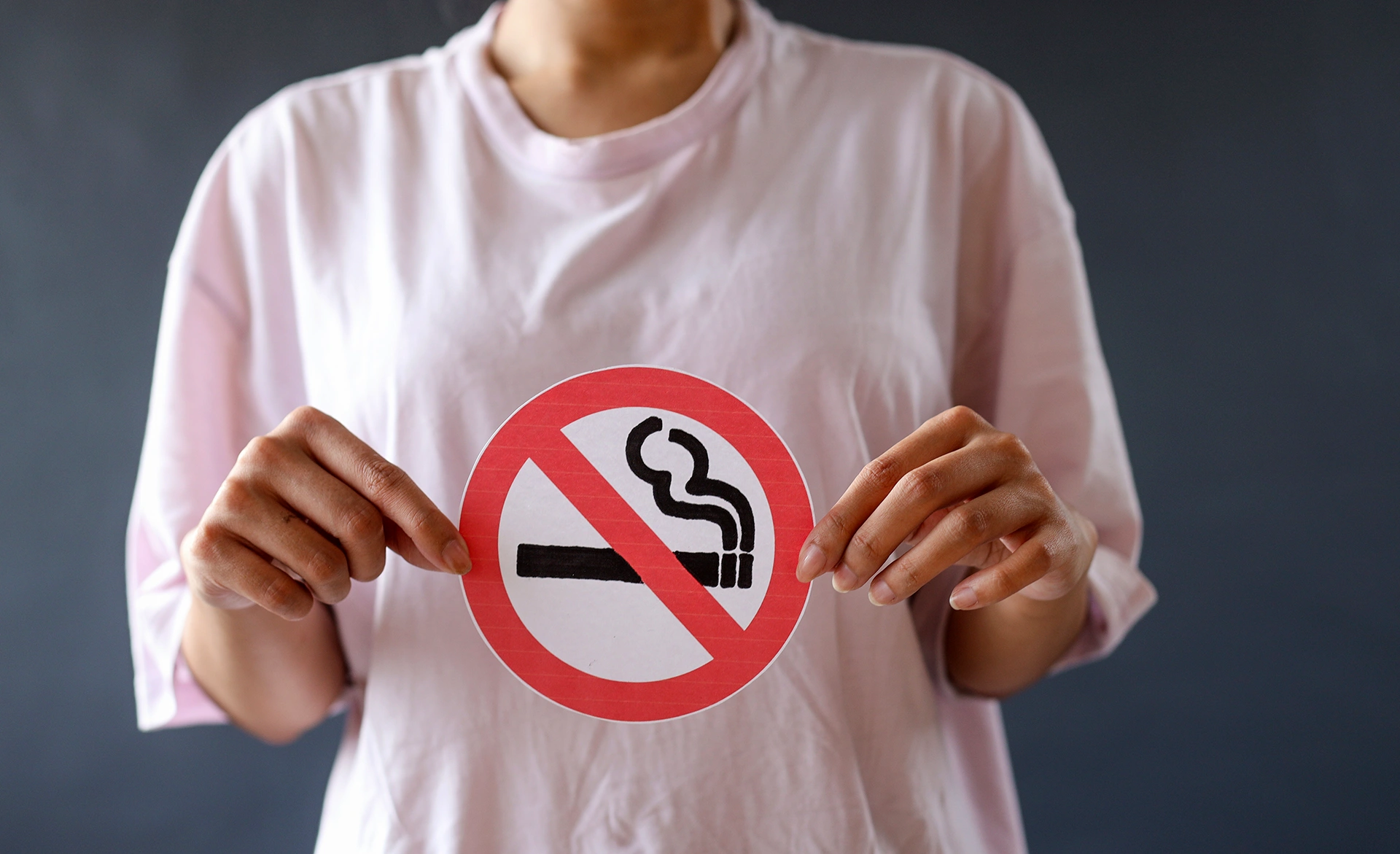Now Reading: The Dangers of Smoking and the Diseases It Causes
- 01
The Dangers of Smoking and the Diseases It Causes
The Dangers of Smoking and the Diseases It Causes

Smoking has been a part of society for centuries and is known for its addictive properties. However, with the advancement of modern medicine, the harmful effects of smoking on health have become increasingly clear. The dangers of smoking not only affect the individual but also pose serious health risks to those around them. In this article, we will discuss in detail the impact of smoking on our bodies, the diseases it causes, and the importance of quitting smoking.
What Are the Dangers of Smoking?
Cigarette smoke contains thousands of different chemicals, many of which are carcinogenic. These harmful substances affect nearly every organ in the body, leading to various diseases. The most well-known dangers of smoking include:
- Lung Diseases: Smoking is a leading cause of respiratory diseases such as lung cancer, chronic obstructive pulmonary disease (COPD), and emphysema. Cigarette smoke damages the lungs, narrows the airways, and makes breathing difficult.
- Cardiovascular Diseases: Smoking significantly increases the risk of heart attack, stroke, and vascular disease. Nicotine constricts blood vessels, raises blood pressure, and can lead to blood clots.
- Cancer: Besides lung cancer, smoking causes several other types of cancer, including mouth, throat, esophagus, kidney, bladder, pancreas, and uterine cancer.
- Other Health Problems: Smoking leads to tooth decay, gum disease, loss of smell and taste, premature skin aging, and a weakened immune system.
- Harm to Passive Smokers: Those exposed to secondhand smoke are also at risk of developing many of the same diseases as smokers.
How Do the Dangers of Smoking Manifest?
The harmful substances in cigarette smoke cause damage through various mechanisms once they enter the body. For example:
- Free Radicals: Free radicals in cigarette smoke can damage cells, leading to cancer.
- Vasoconstriction: Nicotine narrows blood vessels, slowing blood flow and reducing the oxygen supply to organs.
- Weakened Immune System: Smoking weakens the immune system, making the body more susceptible to infections.
- DNA Damage: Certain chemicals in cigarette smoke can damage DNA, leading to uncontrolled cell growth and cancer formation.

The Importance of Quitting Smoking
Quitting smoking significantly reduces the risk of serious diseases such as heart attack, stroke, and cancer. Respiratory functions improve, lung capacity increases, and this leads to feeling more energetic in daily life. Additionally, problems like chronic cough and shortness of breath that smokers often experience gradually disappear.
The effects of quitting smoking are also substantial from a public health perspective. The health risks associated with passive smoking are eliminated, which is particularly crucial for children and pregnant women. Furthermore, those who quit smoking regain their sense of smell and taste, enriching their eating and drinking experiences. Quitting smoking enhances overall quality of life and paves the way for a healthier lifestyle.
What to Do to Quit Smoking?
Quitting smoking can be challenging, but it is not impossible. There are various methods to help you quit smoking, including:
- Use Nicotine Replacement Products: Products like nicotine gum, patches, or sprays can help meet your body’s nicotine needs in a less harmful way when you quit smoking. These products can reduce your urge to smoke and make the quitting process easier.
- Consider Medication: Your doctor may recommend medication to help you through the quitting process. These medications alleviate symptoms related to nicotine withdrawal and increase your chances of successfully quitting smoking.
- Seek Behavioral Therapy: Behavioral therapy from a specialist provides psychological support during the quitting process. Your therapist can help you identify the triggers of your smoking habit and develop strategies to cope with them.
- Join Support Groups: Participating in smoking cessation groups allows you to share your experiences with others going through the same process and boost your motivation. Support groups provide social support, helping you stay positive during the quitting journey.
The harms of smoking are numerous. Smoking affects nearly every organ in the body, leading to serious diseases. Quitting smoking is the most important step you can take for both your personal health and the health of those around you. If you want to quit smoking, seeking professional help can make the process easier.
































